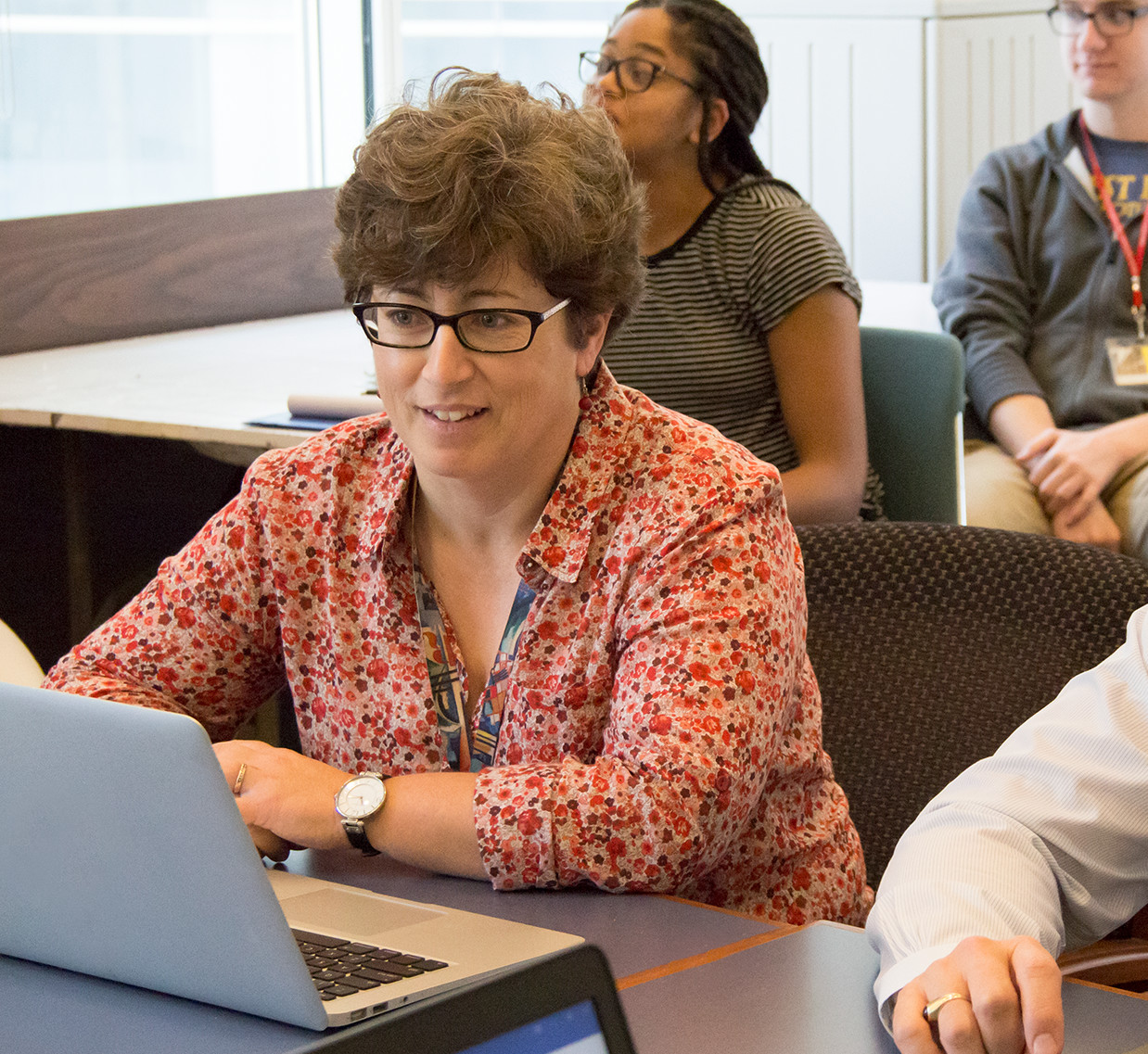Topics » IGS – IGH joint research project on Cryptosporidium…
IGS – IGH produce Cryptosporidium Gene Catalog
Cryptosporidium are protozoan parasites that cause debilitating, sometimes deadly, diarrheal disease in developing countries. The Institute for Global Health (IGH) at SOM has been dedicated to diagnosing, treating and eradicating diseases of global impact, including those caused by the Cryptosporidium. IGH’s work on vaccine-preventable infectious diseases has led to many internationally-recognized successes.
Parasites are more complex organisms than viruses and bacteria. Biological and technical challenges have impeded traditional vaccinology approaches in trying to identify targets for vaccines against Cryptosporidium hominis, the predominant species associated with human cryptosporidiosis.
The database may also help in the development of improved diagnostics of Cryptosporidium infection...
This challenging organism has led scientists at both Institutes – IGH and IGS – to team up for an innovative research collaboration using reverse vaccinology. In reverse vaccinology, an entire pathogenic genome can be screened using bioinformatics approaches to find genes with properties characteristic of ideal vaccine targets. The process has been well-documented with bacterial pathogens, but the application of reverse vaccinology to parasitic pathogens has yet to result in a licensed vaccine. The IGS team generated genomic resources for multiple species of Cryptosporidium, making reverse vaccinology a viable approach in these organisms.
Dr. Joana Silva and her team at IGS worked with Jessica Kissinger, PhD, at the University of Georgia and Giovanni Widmer, PhD, at Tufts University, to sequence, assemble and annotate the genome of the C. hominis isolate TU502 _2012. Then, working with Myron Levine, MD, DTPH, and a team at IGH, the scientists organized the data in a C. hominis Gene Catalog (ChGC). The Gene Catalog is a searchable online database displaying all C. hominis TU502_2012 predicted genes and several of their attributes that are key to identifying candidate vaccine targets.
The Gene Catalog was described in a paper in a 2016 paper in Database , the Journal of Biological Databases and Curation, called Cryptosporidium hominis Gene Catalog.
This research was supported in part by the National Institute of Allergy and Infectious Diseases, National Institutes of Health (NIAID, NIH) sponsored Genome Sequencing Centers for Infectious Diseases, contract number HHSN272200900009C


